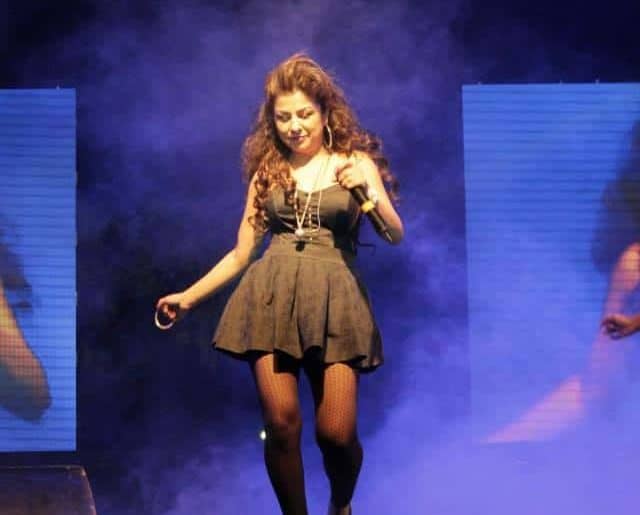For anyone who likes to read, immersing oneself into a story, a thought process, an idea, an opinion is so fascinating – our books become the little niches we make for ourselves; niches that may be happy or sad, full of optimism or rigidly cynical, but are all ours, and influence us in more ways than we are perhaps even conscious of. For any avid reader, choosing favourites out of these little niches is incomprehensibly hard. Which book made me think harder? Which book completely changed the way I think? Which book helped me get through a stressful time? Having struggled with these questions for a bit, I’ve finally come up with the four books that changed my life:
The Color Purple, Alice Walker – Alice Walker introduced me to what it was like to be a black woman in the most objectionably racist and sexist environments – a reality for many people even today. Written in the form of letters by a black woman (initially to ‘God’ and then to her sister), The Color Purple is tragic yet liberating. At sixteen, the book taught me that even the very construction of the figure of the Almighty (seen by most imaginations as a white man) is packed with patriarchy and racism. Everything about this book made me think differently, and I pick it up every now and then, just for some perspective.
Black Skins, White Masks, Frantz Fanon – I was introduced to this book in a classroom, where Fanon’s thought of internalized racism touched me deeply enough to be interested in a book that was part of the course curriculum – and it was possibly one of the most intelligent things I have done. Black Skins, White Masks makes you question the way you see yourself, the lens with which you look at yourself when you look into the mirror and makes you understand the numerous subconscious biases you hold against yourself. This devastatingly beautiful book changed my life in ways that are difficult to put into words.
Feminism is for Everybody, Bell Hooks – Short, comprehensive and incredible, Feminism is for Everybody was the first book I read on Feminism (possibly because it is most easily available on the internet – you could grab a PDF off Google – it will be worth it!), and it has only intrigued me to know more about the fascinating and courageous women’s movements across the globe and the political ideology.
The Palace of Illusions, Chitra Banerjee Divakaruni – It’s hard to put this book down. The Palace of Illusions taught me how important perspective is in viewing every situation. Having read it in my first year of college, when I was constantly deconstructing all my ideas of black and white, right and wrong, Divakaruni’s book reaffirmed all that I was learning in class about the ‘lens’ with which we view life. Seen from the eyes of Draupadi, the epic Mahabharata becomes a completely different, and far more overwhelming story.





















![_MG_8214[1]](https://dubeat.com/wp-content/uploads/2014/02/MG_82141.jpg)










